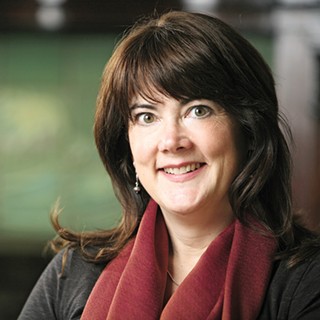Tuesday, April 5, 2016
How the sun and your wellness are connected; plus other health news
Sunshine
Sunny weather may not just be a boost to mood. A 20-year Swedish study tracking more than 29,000 women with no history of cancer found that those who sought out the sun faced a lower risk of death from cardiovascular disease, as well as diabetes, multiple sclerosis and pulmonary disease, among other things. And despite an increased risk of skin cancer among the sun-lovers, their skin cancers had a better prognosis. The results were strengthened by the finding that the increased life expectancy was dose-specific — sunshine benefits increased as exposure increased. Sweden’s maximum UV index is low (less than 3) for three-quarters of the year. Spokane’s UV index checks in below 3 for about 6 months each year, from October through March, bottoming out in January at less than 1, and at last climbing above 3 starting in April and sometimes reaching highs of 8 in July. For comparison, south Texas and the Florida panhandle check in at 11+ for April.
Disability Rights Washington
As a private, nonprofit organization, Disability Rights Washington works to protect the rights of people with disabilities — advocating for everything from improving employment opportunities and education, to access assistive technology and service animals. The public is invited to an open house to view the group’s new digs in Spokane, take in the art exhibit title “Portrait of the Whole Person” and catch screenings of Rooted in Rights videos from the DRW’s YouTube channel. April 7, 4-7 pm Peyton Building, 10 N. Post Street, Suite 315. RSVP here.
Hope for Alzheimer’s
The national Alzheimer’s Association has released new figures on the staggering impact of the disease: More than five million Americans are living with Alzheimer’s (100,000 in Washington state); one in three seniors dies with Alzheimer’s or another dementia, and in 2015 more than 15 million caregivers provided 18.1 billion hours of unpaid care. The Alzheimer’s Association has a goal of curing the disease by 2025. Dr. William Thies helped launch a medical journal solely focused on Alzheimer’s and dementia and has played a leading role in advancing research into the disease. He’ll swing through Spokane to talk about the future of Alzheimer’s. April 12, 4:30-6:30, Gonzaga School of Law
Meanwhile, WSU’s College of Pharmacy in Spokane recently announced a new three-year grant funding research that may one day lead to medications to treat Alzheimer’s, as well as other neurologic disorders. “Autophagic dysfunction” is the scientific term for a loss of the process that cleans and clears out debris from cells — a situation shared by numerous neurologic disorders including ALS, Alzheimer’s, Parkinson’s disease, aging and even traumatic brain injury. Research, headed up by Travis Denton, a medicinal chemist at the College of Pharmacy, is aimed at finding drugs to restart the process. ♦
Tags: health news , News , InHealth , Image




















